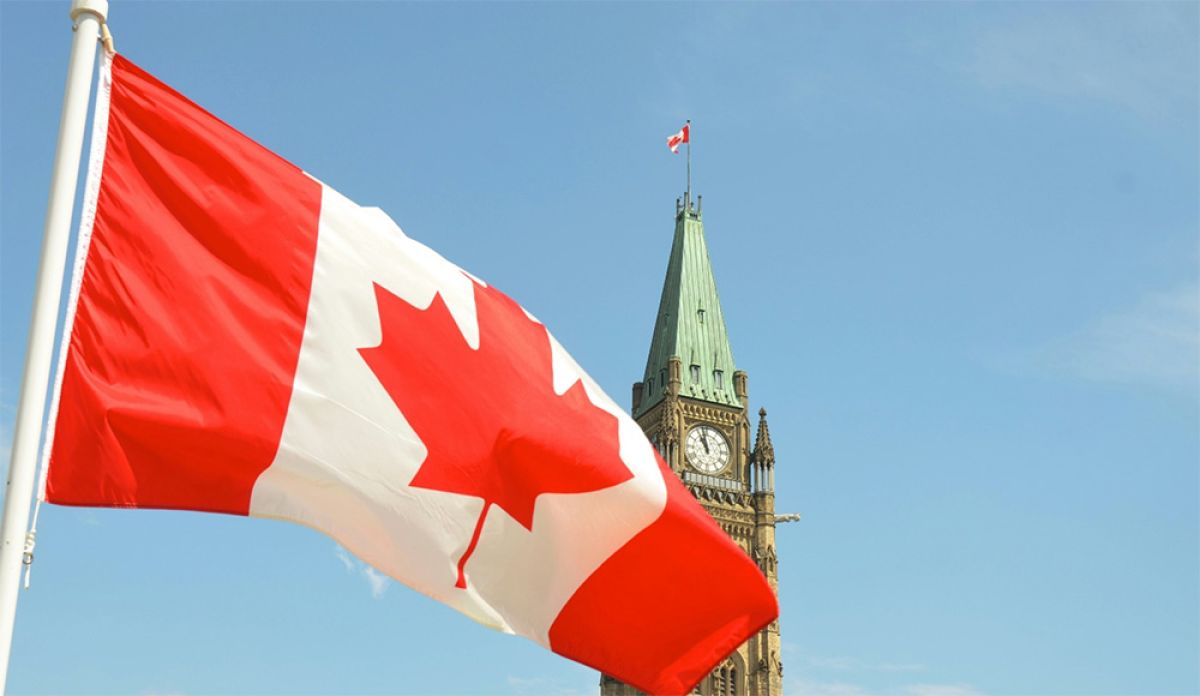
Economy, International Markets, Week in Review
Canadian economy defies recession predictions
Despite higher interest rates, the Canadian economy is exceeding expectations and has dodged the predicted 2023 recession. Real GDP at basic prices grew 0.6% in January (7.4% annualized), and preliminary estimates pointed to 0.4% growth in February (4.9% annualized). This suggests that growth in the first quarter of 2024 is on track for around 3.5%, according to data from Statistics Canada.

Despite higher interest rates, the Canadian economy is exceeding expectations and has dodged the predicted 2023 recession. Real GDP at basic prices grew 0.6% in January (7.4% annualized), and preliminary estimates pointed to 0.4% growth in February (4.9% annualized). This suggests that growth in the first quarter of 2024 is on track for around 3.5%, according to data from Statistics Canada.
The Bank of Canada projects that inflation will stay around 3% into the second quarter of 2024, ease below 2.5% in the second half of the year and return to target in 2025, according to their April Monetary Policy Report.
The Canadian job market has notably slowed in the past year due to the Bank of Canada’s interest rate increases impacting economic growth. The unemployment rate is up a full percentage point from a year ago as population growth has outpaced job creation, according to the Financial Post. “Wage growth slowed last month to an annual pace of 4.7%, down from 5.1% in March,” reads the article.
A report by the Government of Canada states that private sector forecasters expect that the year ahead should bring further progress. “By the end of the year, they expect economic growth will pick up, interest rates will be lower, and inflation will decline to about 2%,” the report reads “Both the International Monetary Fund (IMF) and the Organization for Economic Co-operation and Development (OECD) project that Canada will see the strongest economic growth in the G7 in 2025.”
Meanwhile, Canadians confront difficulties with high living costs, notably for groceries and housing. The Canadian government is assisting younger Canadians, worried about maintaining the same living standard as prior generations, to realize their potential.
The Government of Canada reports that millennials are now the largest Canadian generation, having surpassed baby boomers in July 2023. “Millennials’ success in the workforce is Canada’s success,” the report reads. “We will ensure they succeed by boosting innovation, increasing productivity, in turn, raising wages and creating more good jobs—ensuring that Canada’s economy reaches its full potential.”
What’s next: The Bank of Canada will make its interest rate decision next month. As of now, the Bank of Canada’s key interest rate sits at a 5% record-high since 2001.
By the numbers: Customers in Canada have averaged 10 days beyond terms, with 65% of credit professionals saying payment delays have stayed the same, per the FCIB Credit and Collections Survey. The most common causes of payment delays are customer payment policy (45%), billing disputes (42%) and cash flow issues (26%).
What FCIB Credit and Collections Survey respondents are saying:
- “Have customers pay by EFT to avoid payment delays.”
- “This is a good country to do business with if you understand their processes and complete due diligence.”
- “Make sure you have a good contract and all your documents in line. If you have that they are fairly easy to work with.”
- “Require ACH/EFT/Wire payments. Mail too slow.”
- “Fairly simple doing business in Canada. You have to watch the Quebec region as different laws apply compared to the other regions. We had to place a few customers on CIA due to their late payment situations but overall pretty easy to do business and collect monies.”
- “We are not experiencing any issues with Canada except exchange rate concerns.”
- “Make sure your contract states the currency that you are going to bill in and the currency you are going to be paid in, or you can be left with a lot of money you cannot collect.”





